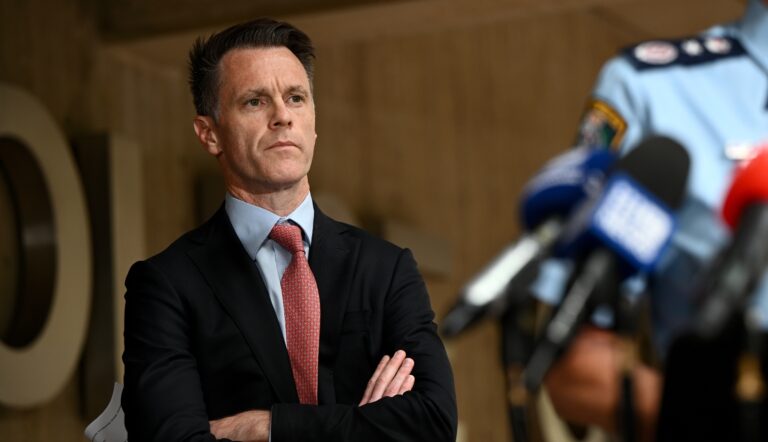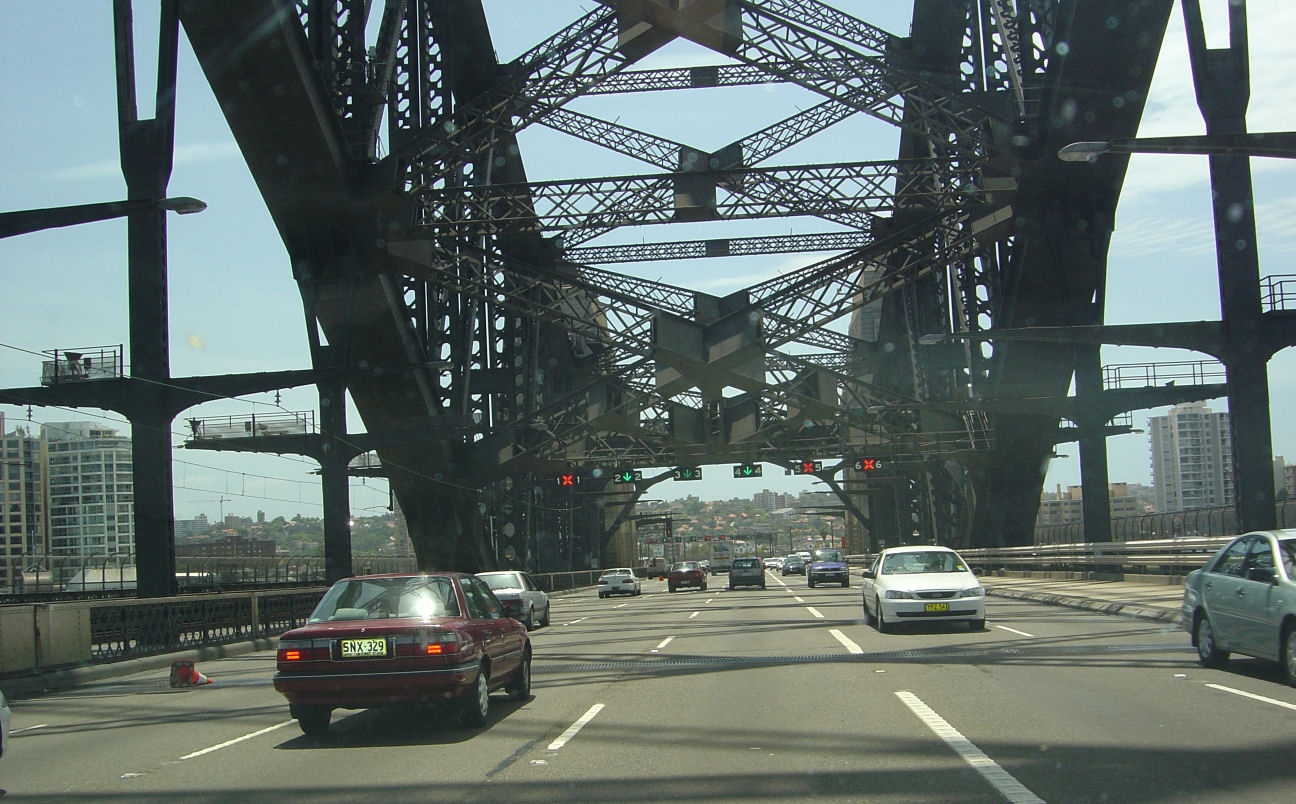
WestConnex mould found in ear

BY WENDY BACON
The Fair Work Commission has recommended that the WestConnex M4 East tunnel employ a full-time hygienist to ensure safe work on the remaining sections of the M4 East tunnel construction.
The order was made in late March after a worker was found to have toxic mould growing in his ear. Tests showed that the mould consisted of the same type of fungi that was found at extremely high levels in the tunnel,
The tolled tunnel was originally scheduled to open in late 2018 and then early 2019. It is currently expected to open to traffic in June.
Significant health risk
The Fair Work Commissioner Donna McKenna made the order after extremely high levels of toxic mould were measured by an independent testing company Mycolab in the tunnel.
Samples were taken at five different sites in the tunnel. All sites showed ‘extreme contamination’. Levels were up to five times recommended levels and posed a significant health risk to workers.
The mould is likely due to the damp and unclean conditions in the tunnel which, unlike some other tunnels, has not been lined and may be taking in groundwater.
The NSW Electrical Trades Union (ETU) had raised concerns about contamination in the tunnel on several occasions. It took some days before CPB Contractors agreed to order the independent tests. Even after the tests, CPB Contractors initially declined to admit there was a significant risk to health. They wanted 300 electricians and plumbers to continue working in the tunnel while the company carried out extra cleaning and provided more ventilation.
However, medical tests ordered by a doctor for a worker with an ear infection showed that the same mould was actually growing in a worker’s ear.
The condition can cause serious long-term damage to aural health unless treated promptly with antibiotics.
After this finding, the highly skilled and well-paid electricians, many of whom come from Victoria and Queensland, continued to refuse to work on ”health and safety” grounds.
Workers and union officials risk thousands of dollars of fines if they resort to unauthorised strikes, but if there is a serious risk to health, workers can take action.
CIMIC-owned CPB Contractors took the dispute with the ETU to the Fair Work Commission.
On March 21, Commissioner McKenna recommended that CPB employ a hygienist on a full-time basis to inspect work areas, consult with workers about measures that needed to be undertaken for safe work to continue, and monitor work areas on an ongoing basis.
Before workers went back to work, the hygienist held meetings with employees with an official from the union present. Only if that condition was met could the union recommend whether to return to work or not.
Workers were to be given detailed instruction on the use of air respirators before working in the tunnel again.
The Commissioner also ordered that the company provide the workers with equipment to properly clean their tools and that the cleaning is done during work hours.
The FWC recommnedation was a significant step forward for the union which had been battling to get the company to recognise health and safety concerns which have plagued the job, including earlier gas and sewerage leaks.
The company that has been responsible for the ongoing occupational health hygiene in the tunnel is Ventia, which is a fully owned subsidiary of CIMIC that also owns the main contractor CPB. The extra hygienist that has now been appointed is from an independent company.
ETU State Secretary Justin Page told 2SER in March that “we’ve repeatedly had safety issues on these jobs, horrific safety, poor planning and evacuations”.
Last year, there were gas leaks and problems with safe evacuation of the tunnel. In February there were a sewerage spill, a broken water pipe and a failure of a power generator.
Page has said on a number of occasions that there should be more government involvement on a major infrastructure of the size of WestConnex.
Since the reelection of the Gladys Berejiklian government which strongly favours deregulation or ‘cutting red tape’ as it prefers to call it, this is unlikely to happen. The construction and operation of the M4 East, New M5 and M4/M5 are now under the control and majority ownership of tollway giant Transurban.
The NSW Parliamentary Inquiry into Impacts of WestConnex found that there was a lack of transparency and accountability throughout the WestConnex project. The government has not yet responded to the Inquiry’s report.
Hidden costs of WestConne
The safety concerns about mould add to earlier concerns about the exposure of thousands of WestConnex workers to asbestos, silica dust and other sources of contamination without proper protection.
Silicosis which can cause lung and renal cancer is a significant concern because there are high levels of silica in Sydney sandstone. City Hub has observed scores of workers working in very dusty conditions in the entrances to tunnels in 2017. Many of these workers have been hired from interstate and overseas and do not have the same union protection as that provided by the ETU.
Many of the more severe health impacts, including cancer, only emerge after years, by which time it will be hard for workers, even those with lawyers, to hold contractors accountable.
These illnesses will all be part of the hidden costs of WestConnex.
A spokesperson for the WestConnex Action Group Janet Dandy-Ward told City Hub that the group has always been concerned for workers as well as residents. “We have often observed workers exposed to unsafe conditions including extreme heat and noise and very dusty and polluted conditions without protection. When a key goal is simply to finish a project to maximise profits, residents and workers will be exposed to risk. We are very concerned that despite the NSW Parliamentary Inquiry finding that there’ve been unacceptable health impacts, there has been no response at all from the NSW government. We do not accept that the hidden costs of WestConnex should be borne by individuals and the community.”









